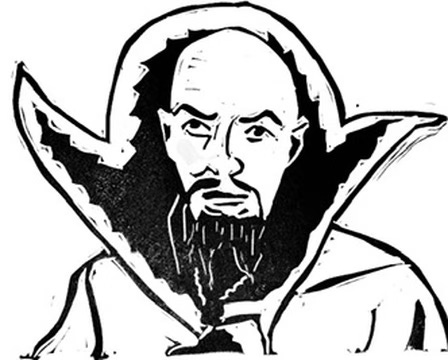Show notes:
This has no particular format (yet), just correcting or updating anything in the show we didn’t get a chance to fully talk about or things we had on the tips of our tongues and couldn’t get out as we recorded. As always feel free to comment and we will address stuff in future shows! Enjoy:
Show Art by Georgia Geis
Story grid: Thriller Genre is a mash-up of Horror, Action, and Crime
Sea of Rust: C. Robert Cargill
Terminator 2: Actor who played the scientist: Joe Morton “Dr. Miles”
Predator[https://en.m.wikipedia.org/wiki/Predator\_(franchise)]
Superman I (1978); and Superman II (1980)
Short Story about wealthy people hunting poor people:
1924 short story “The Most Dangerous Game” by Richard Connell
“Surviving the Game” (1994) staring Ice-T[https://m.imdb.com/title/tt0111323/plotsummary/]
Fritz Haber-German scientist 1908 for synthesis of ammonia (Nobel prize in chemistry 1918)—dual edge sword—also know as father of chemical warfare.
Back to Future (1985): Cultural insensitivity
What is a villain?
Random House Unabridged Dictionary defines such a character as “a cruelly malicious person who is involved in or devoted to wickedness or crime; scoundrel; or a character in a play, novel, or the like, who constitutes an important evil agency in the plot.”
The opposite of a villain is a hero. The villain’s structural purpose is to serve as the opposition of the hero character and their motives or evil actions drive a plot along.
In contrast to the hero, who is defined by feats of ingenuity and bravery and the pursuit of justice and the greater good, a villain is often defined by their acts of selfishness, evilness, arrogance, cruelty, and cunning, displaying immoral behavior that can oppose or pervert justice
People like to love villains they relate with
Research suggests that you like villains who remind us of ourselves.
Study published in 2020 Psychological Science, Rebecca Krause, at Northwestern University: Krause, R. J., & Rucker, D. D. (2020). Can bad be good? The attraction of a darker self. Psychological Science.
Humans hardwired to find goodness in villains
A recent study from Aarhus University found those who prefer fictional villains to heroes are more likely to be villainous themselves.
The results revealed that, overall, both children and adults believed that villains’ true selves were ‘overwhelmingly evil and much more negative than heroes’.
However, researchers also detected an asymmetry in the views, as villains were much more likely than heroes to have a true self that differed to their outer personna.
The research found that those who prefer villains such as Cruella de Vil and Darth Vader, are more likely to display the ‘dark triad‘ (Machiavellianism, narcissism and psychopathy) personality traits.
Dark Triad:
‘Narcissism describes a grandiose and entitled interpersonal style whereby one feels superior to others and craves validation (‘ego-reinforcement’),’ the researchers write.
‘Machiavellianism describes a manipulative interpersonal style characterized by duplicity, cynicism, and selfish ambition.
‘Psychopathy describes low self-control and a callous interpersonal style aimed at immediate gratification.

Thanks for spending time with us. You can always email (I do answer back), click the comment link below, or follow me online for real time tracking. Until next time…